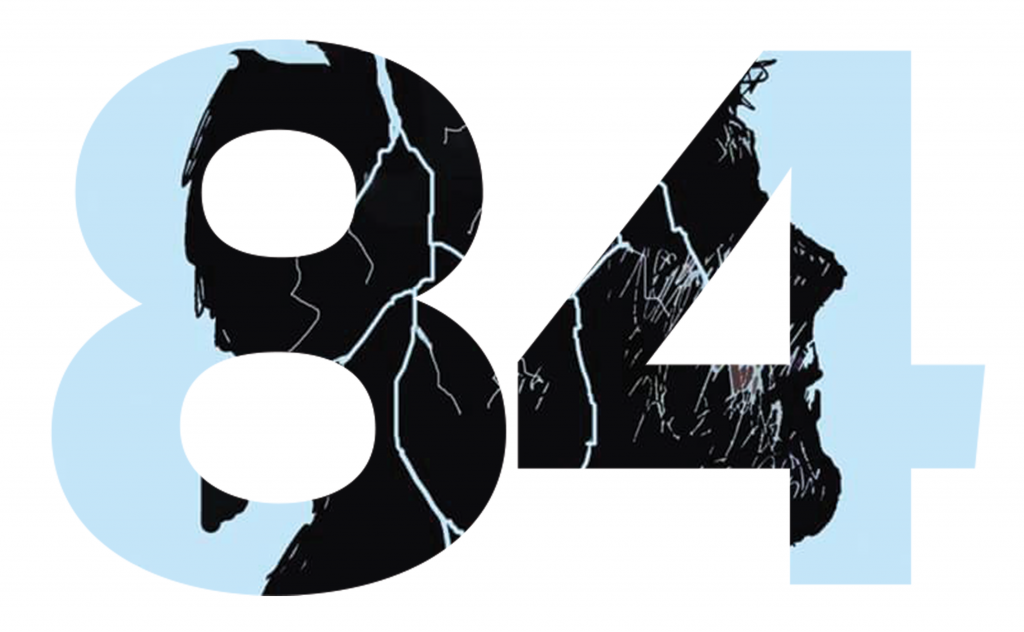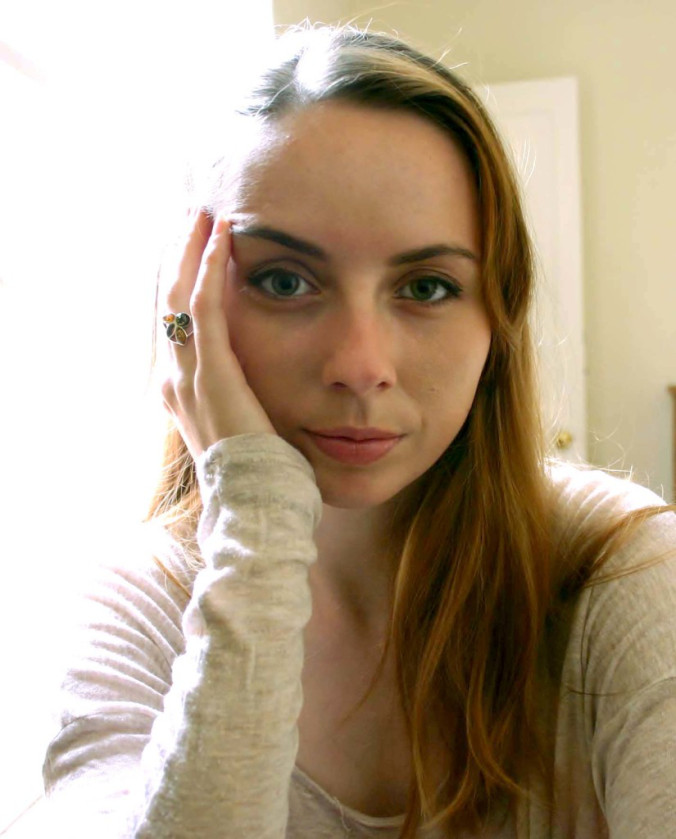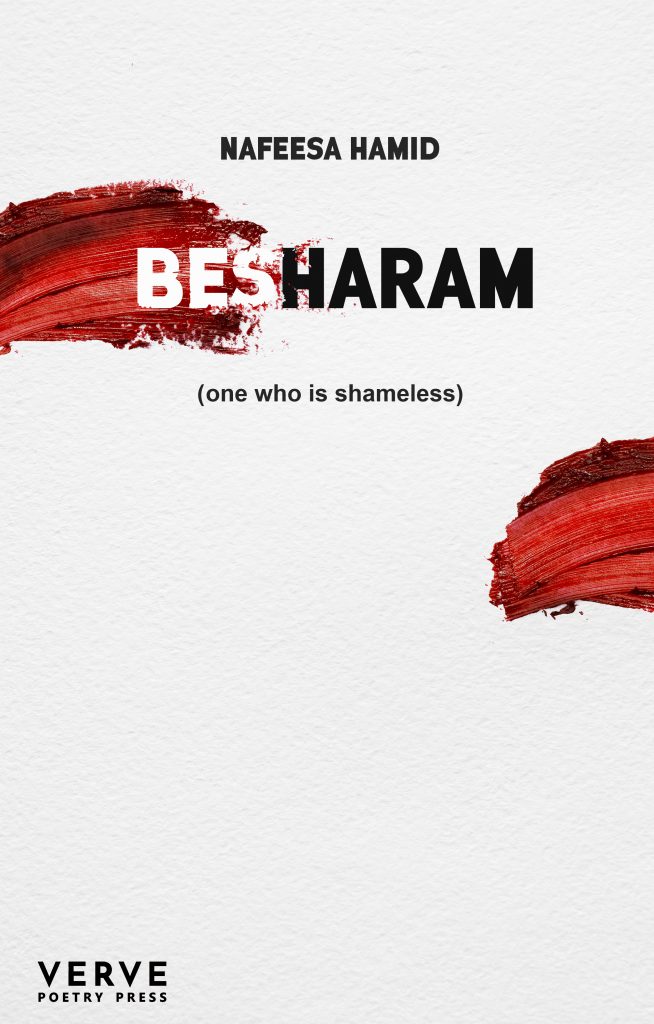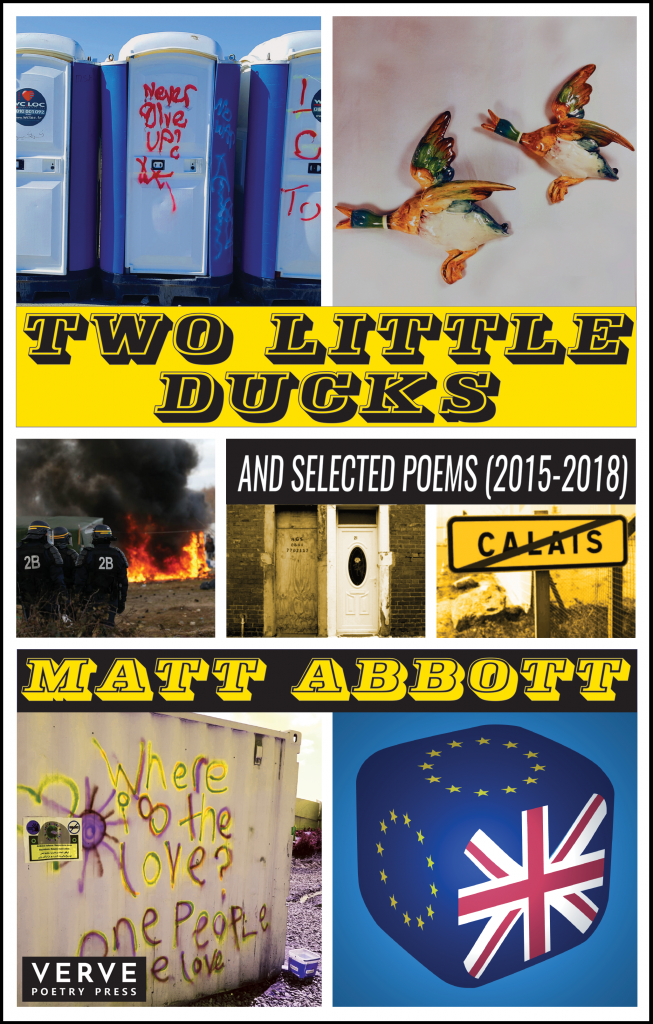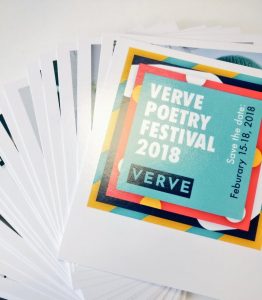I fell into spoken word before I really knew what it was. Speaking stories and playing with rhyme was something we’d always done, without any designs on stages or gigs.
Once I was introduced to this thing, these events, where people stood up and spoke their words to an audience, I ran mouth first, straight into it. The freedom and openness of it grabbed me. The fact that I could play with spaces and silence as well as the patterns of speech, descriptions, repetitions, all felt like this magical mix of music and chemistry.
Once I started finding my voice, I felt the itch to play. That meant longer pieces. That meant more risks. More layers. Things I wanted to learn.
I was lucky enough to get support to develop my first feature length piece from Birmingham REP. If I Cover My Nose You Can’t See Me. In that one I played with rhyming and not rhyming. Narrative devices. The dance of rhythm and the definition of character voices. All combined with a Batman infused slightly surrealist noir story about a boy following his future self. It felt great.
On the back of that I wanted to push further. My spoken word pieces all felt like short films to me as I spoke them, so I asked myself. Challenged myself. Could you speak a full film?
RETURN is just that. A combination of shot descriptions and dialogue. An experiment in conviction and simplicity. My hardest performance piece to speak (and arguably to listen to), but a massive benchmark for me personally in terms of what I could do with words and my mouth.
After that I played with lots of ideas for a while until I came up with the final piece to what had become, in my mind, a definite trilogy. If I Cover My Nose was all about leaving Birmingham. Breaking the cycle of my life at the time which had gotten stale and uninspiring. RETURN was all about the desire to come home and realising how much I love Birmingham and it’s influence over my new creative life.
The final piece of the puzzle became a celebration of the mess between what I was and what I’d become. The origins of my new life and the fractured sense I’d come to make of it. A melting pot of form, voice, memory, fantasy and realism. OLD ME was born and the perfect third instalment to my spoken brummie saga.
I am so proud of these pieces and how they map my journey as a spoken word artist trying to craft his own voice whilst also trying to gather a sense of who the hell I am.
They have helped me find myself. And my heart.
And they, just like me, belong to Birmingham.
Speaking to Stuart about Verve and the work they are doing with the festival, events and printing collections, I got stupidly excited about being part of their list. I’d spoken to other people about releasing stuff before and always felt like it wasn’t the right thing for these words. Verve is the right thing. A Birmingham press, offering me the chance to share my Birmingham trilogy with the world in print? Yes please. I said. Thank you I said. Chuffed.
I cannot wait for this book to come out and let people read, speak and
play with the stories that have shaped my life. The Second City Trilogy is my creative time capsule.
Nice one Stuart. Nice one Verve.

